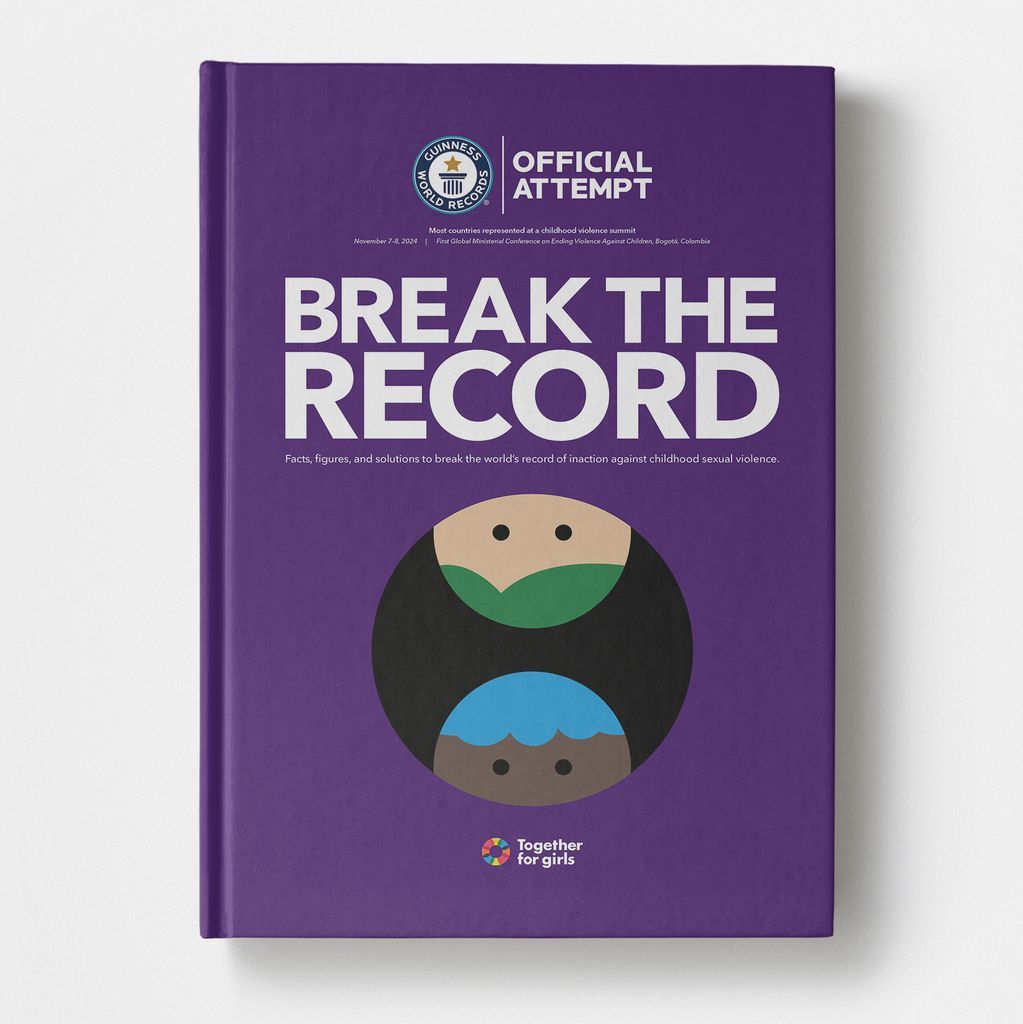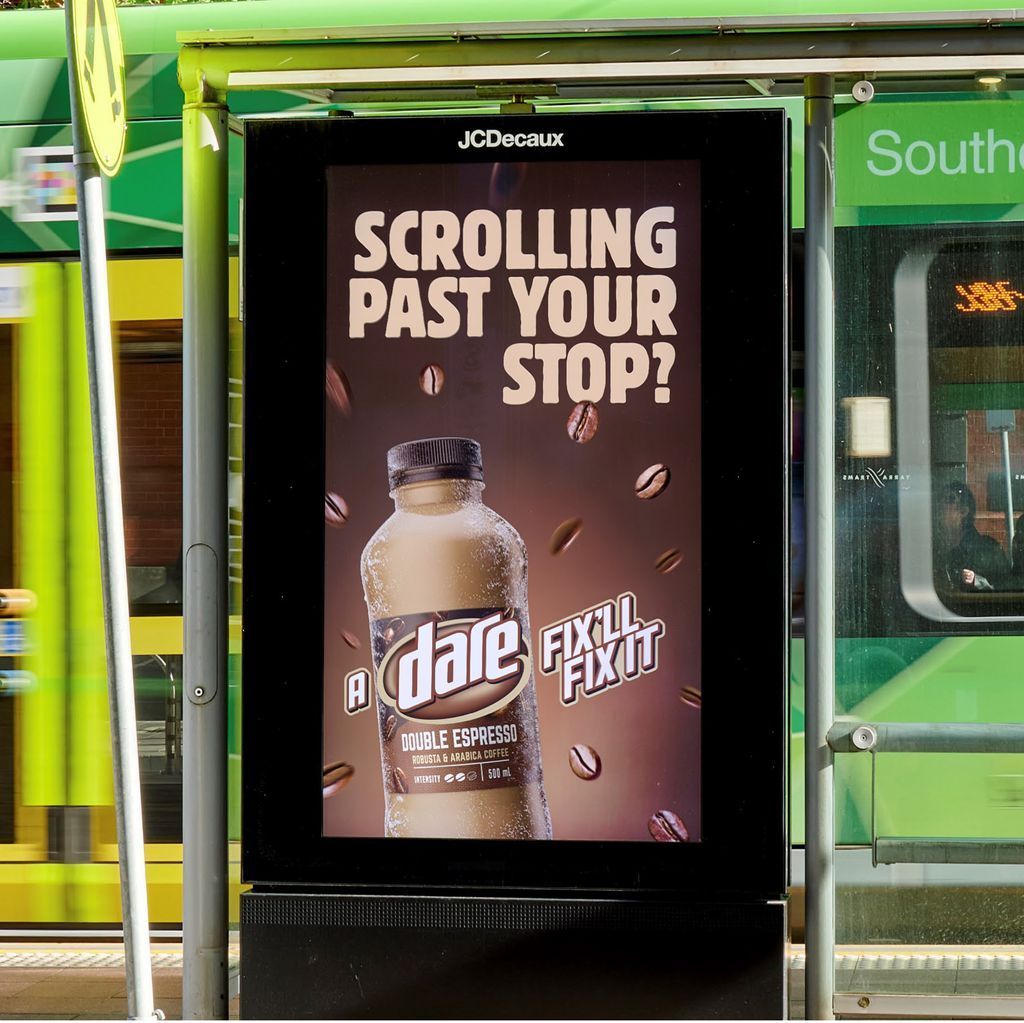

Image by DALL·E Pic: Midjourney
Editors' Note: Many Fast News images are stylised illustrations generated by Dall-E. Photorealism is not intended. View as early and evolving AI art!

Advice from the kin,
Younger gens seek wisdom there,
Experts left in wind.

Financial advice gap: Research from Great Southern Bank shows young people turn to family over experts
Less than a quarter of of Millennials and Gen Z have a current financial plan prepared by a qualified expert, instead leaning on family and friends for financial guidance, according to the latest research from Great Southern Bank.
Part of the 'Clever' phase of its No Place Like Home report, the research investigates Australians' sources of financial advice.
According to the report, 43% of Gen Z and 38% of Millennials relied on family for financial advice in the past year, while 31% and 29% respectively turned to friends. Only around one in five had consulted a qualified professional, such as an accountant or financial adviser, in the past year. This is despite Millennials and Gen Z rating their financial knowledge an average of 6.1 and 6.5 out of 10 respectively, while Baby Boomers rated themselves an average of 7.0.
"The second phase of our No Place Like Home report shows that Australians are seeking out ways to be clever with their money in this challenging economic environment," said Great Southern Bank Chief Customer Officer, Megan Keleher. "Turning to family and friends may be a great place to start in increasing your financial knowledge and it doesn't need to end there. Jumping on a bank's website and using a budget planning calculator or a savings tool could be an easy next step to becoming more financially savvy, before potentially talking to your bank, a mortgage broker or another qualified expert."
The report also highlighted a trend of 'fear of missing out' among Millennials, with 30% admitting to buying a property due to this fear. Millennials were found to be three times more likely than Baby Boomers to have called on parents for financial support when buying a home. A staggering 96% of Millennials felt they could have done things differently with their finances, with 72% wishing they had made more regular contributions to savings over time.
The research also uncovered a gender gap in cost-of-living concerns, with 80% of women concerned about the cost-of-living, compared to 68% of men. Women were found to be more likely to reduce spending on everyday purchases than men. "We know Australians are feeling cost-of-living pressures, regardless of gender. However, the research shows that women are taking a more proactive approach to reducing spending and being savvy around their money management," Keleher said.
Partner Content from Salesforce
A Guide to Personalised Marketing That Keeps Customers Engaged
Customer Service Makes a Strategic Shift for ANZ Organisations










